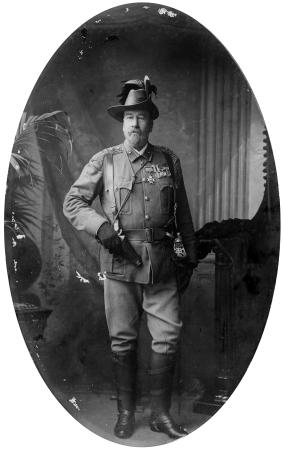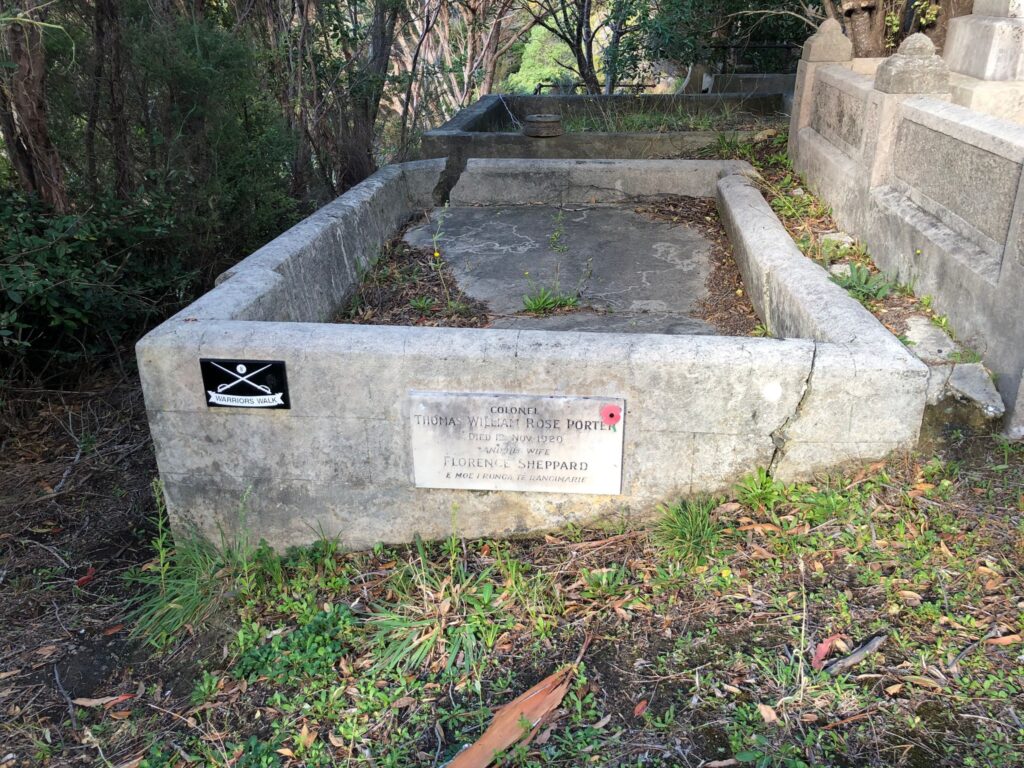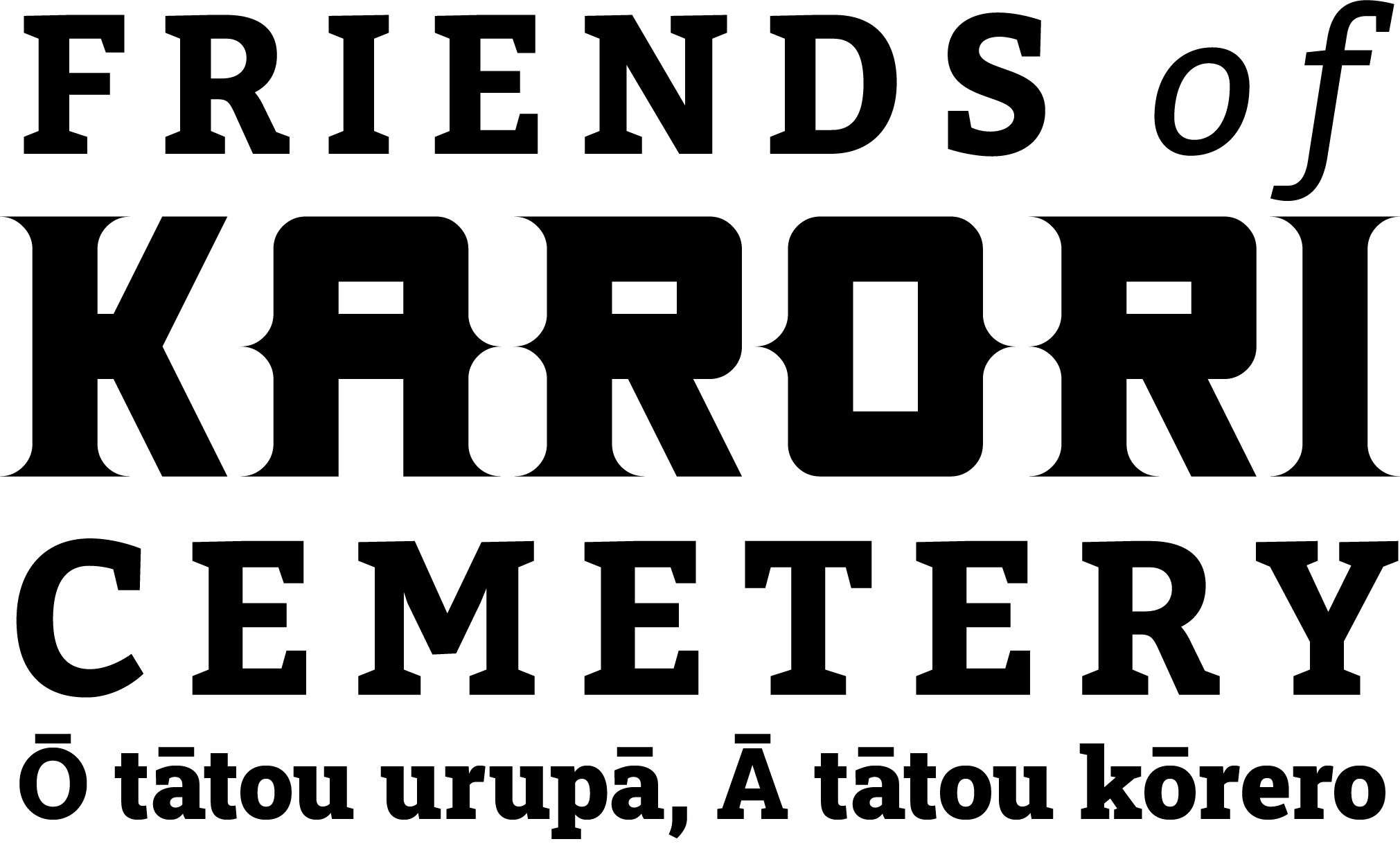Thomas William Rose Porter (1843 – 1920) and Major, the War Horse.
We were lucky to meet a family member of Thomas William Rose Porter who told us some stories about him and agreed that we could share a story with you.
Most likely born in Streatham, Surrey, England, on 2 August 1843, Thomas William Potter was the son of John Potter, an agricultural labourer, and his wife, Jane Phipps. It is thought Thomas later changed his name to Porter and claimed to have been born in India, the son of John William Porter, an officer in the 7th Bengal Native Infantry, and his wife, Jane Emily Rose.
Thomas served on H.M.S. Hercules in raids against pirates on the coast of China in 1857–8, and then migrated first to the gold fields in Australia and then to New Zealand. Between 1863 and 1866 he served in the Colonial Defence Force in Hawke’s Bay under the name Potter. During this period he began to study the Māori language. He remained on the East Coast after leaving the Defence Force.
On 9 May 1873 he married Herewaka te Rangi-Paea Potai, of Tokomaru Bay. Together the couple had at 9 children, among them the tattooer Tāme Poata and the singer Fanny Rose Porter, known as Princess Te Rangi Pai.
Descendants of the Porter family told us that Thomas’ favourite horse had once grazed at Karori Cemetery and thought that the horse is buried in the cemetery. We have managed to find out some details about his horse “Major”.
Born in the Wairarapa, Major was the only New Zealand horse to serve in the South African ‘Boer’ War and return back to New Zealand. He initially belonged to Lieutenant Robert Collins of the Fourth Contingent. After Collins was wounded, Major served with a number of men before coming into Thomas’s possession in May 1901. In the South African ‘Boer’ War, Thomas was Commander of the Seventh New Zealand Contingent (1901) and the Ninth Contingent (1902).
Thomas rode Major throughout South Africa and some records suggest that they covered an estimated 3000km to 6000km.
Major was twice wounded in action (in the knee and shoulder). As about 60% of the horses died in combat it is miraculous that Major survived these wounds. The campaign is recorded as notorious for the demands it placed upon horses. Once they reached South Africa, after a stressful sea journey, the horses were constantly on the move.
When the decision was made that all of the 8000 horses, taken to South Africa, were not to return to New Zealand, (due to duress and the tsetse fly threat to New Zealand), varying people protested on behalf of Major, and it was decided that Major should be sent to England to be ridden in the coronation parade of King Edward VII in 1902. After being sent to the wrong castle in England the horse made it to London in time for the parade. Lt Col Porter was commander of the Coronation Contingent and proudly rode Major in the coronation parade.
Following the coronation Major was returned to New Zealand, where he was quarantined on Matiu/Somes Island for three months. Major travelled the country with Thomas in while he worked in Canterbury, Wellington and Gisborne.
Herewaka Porter died in Christchurch on 7 December 1904. Thomas married his second wife Florence Ellen Sheppard at Petone on 6 January 1906; they were to have no children. It is likely that this is when Major would have grazed around Karori Cemetery as while Thomas worked in Wellington he lived in Karori.
Thomas retired from the Public Service in 1908 and moved back to Gisborne with Major. Major was described as “an exceptionally fine stamp of horse, possessing all the best points of strength and endurance”.
Sadly Major died at Thomas’s private Gisborne residence Heatherlea on 11 May 1909, from the effects of a severe chill. Contrary to the family story, there are no records indicating that Major was relocated from Gisborne and buried in Karori Cemetery.
During the First World War, Thomas was brought out of retirement and moved back to Wellington. He was appointed Dominion Commandant of the National Reserve and later Inspector of Recruiting Services.
Thomas retired (again) in 1919 and died on 20 November 1920 at his residence in Austin St.
Thomas’s funeral was a full military funeral featuring a gun carriage and a firing party. The regimental band was in attendance and the pallbearers were colleagues who had served with Thomas during his career.
Ch Eng/N/69



Porter plot
